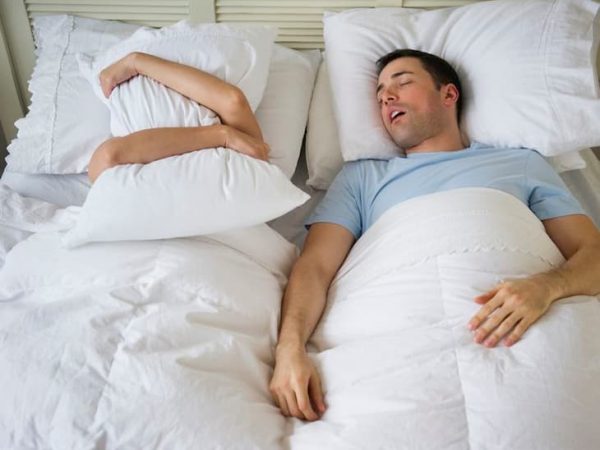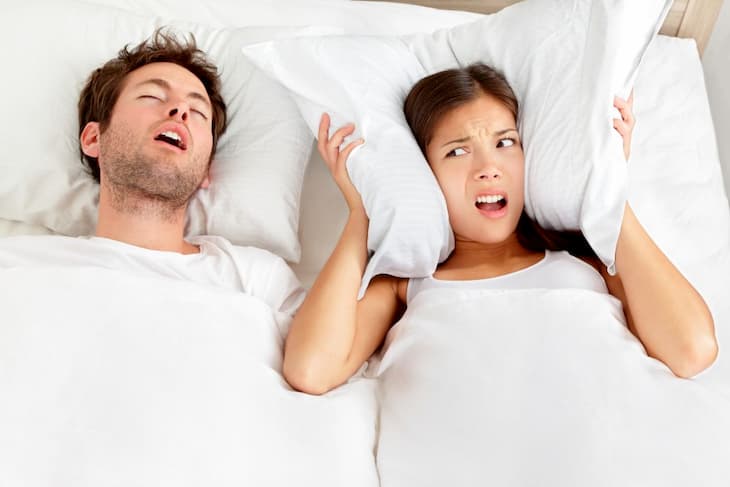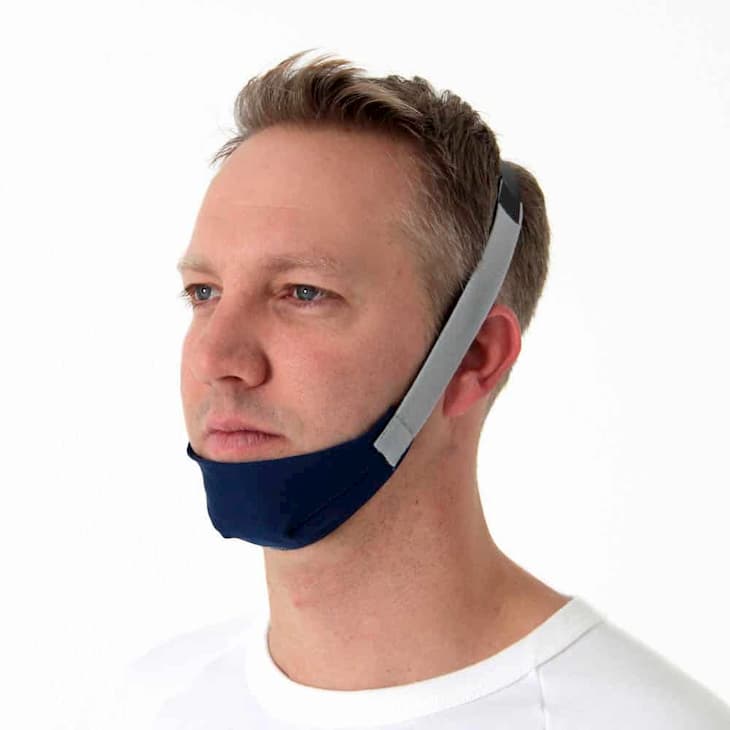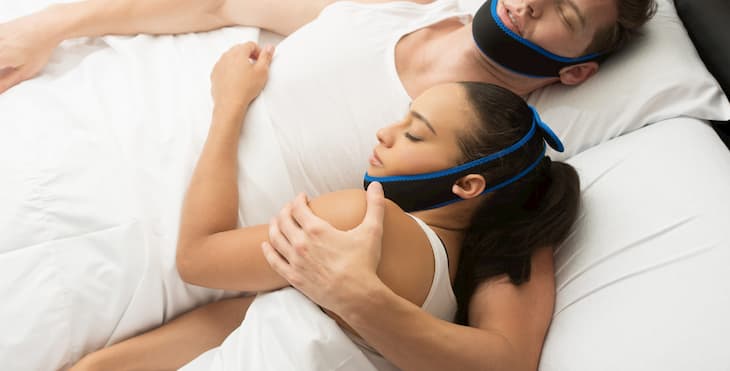15
Apr

Do you snore? Did you know that it can be a symptom of obstructive sleep apnea? It is a disorder that disturbs the way you breathe while sleeping. It is a result of the collapse of the airway in the throat during sleep and causes loud snoring and periodic pauses in breathing. This causes you to spend more time in light sleep and less time in the deep, restorative sleep, which is what you need to be energetic and productive the next day.

Source: Wonderopolis
You should take your snoring seriously. Not only because it can impact the relationship with your partner, but also because it can affect your health. You should consider visiting a doctor who can advise you on the best strategies for treatment. Solutions can vary from devices that keep you from rolling onto your back to aids that prevent the blocking of air. One of the options that have been showing great results in the last couple of years is the anti-snoring chin strap.
An anti-snoring chin strap is a device made from a piece of flexible fabric. It is designed to fit around your head with the help of straps, hence the name. A lot of chin straps have holes on both sides so that your ears can fit through them, keeping the strap in place while you are sleeping. The bottom jaw strap is the essence of this anti-snoring product. It’s what holds your mouth shut as you sleep. It is also designed to hold the jaw forward. The hammock that is created from the top of your head to the bottom of your jaw is actually what prevents you from snoring. According to statistics, open mouth snorers make up 80% of the snoring population. Snoring chin straps were developed to specifically target this group of people.

Source: Sleepright Australia
If you are considering to buy snoring chin strap, you’ll be happy to know that a lot of mouth snorers have found these devices to be a great solution. Scientifically speaking, snoring happens when the person is sleeping and their tongue slips towards the back of their throat. This causes the soft flesh at the back of the throat to press up against the tongue, creating vibrations. These vibrations are the cause and sound of snoring. Keeping your jaw in a forward position helps prevent it from slipping back and hitting the soft flesh in the back of the throat.
One of the greatest things about snoring chin straps is that there is no need to set them up. A lot of products for treating snoring require regular cleaning and taking extremely good care of them. With a chin strap, however, that’s much easier. Washing the product is far simpler than cleaning small, fragile parts. Just put the strap in the laundry machine with the rest of your clothes and hang it to dry. It’s as simple as that. The material these straps are made from is usually comfortable and pleasant to wear.

Source: Talk About Sleep
When looking to buy snoring chin strap, you will come across designs that vary greatly in function, appearance and comfort. Getting the right one is essential to improve your sleep quality. The strap should be comfortable and stay in place all night. It should also be able to hold your mouth closed. In other words, the chin strap should allow for the mouth to open easily, yet allow for the jaw to remain shut when relaxed.
If you are a snorer who has just started looking for a solution to this problem, a chin strap is a great starting point. Comfortable, affordable and simple to use, it’s worth giving it a try.

Source: CPAP Victoria
People who use a CPAP machine to treat their sleep apnea and have problems with mouth breathing can also benefit from a CPAP chin strap. An extremely dry mouth and throat can be uncomfortable and even painful. Not to mention that chronic dryness may affect the health of your gums and teeth. If air leaks through the mouth, it can compromise the effectiveness of the therapy. A chin strap can also help prevent that from happening.
In some cases, using a chin strap is not recommended. People who have a congested nose or a deviated septum shouldn’t use it. Also, if the CPAP pressure is not set properly, it may not be able to get enough air through their nasal mask. In this case, closing the mouth firmly with a chinstrap may be the wrong approach. Instead, these people may benefit from adjustments of the CPAP pressure or find ways to open up their nose, like treating allergies, using strips, or maybe nasal surgery.